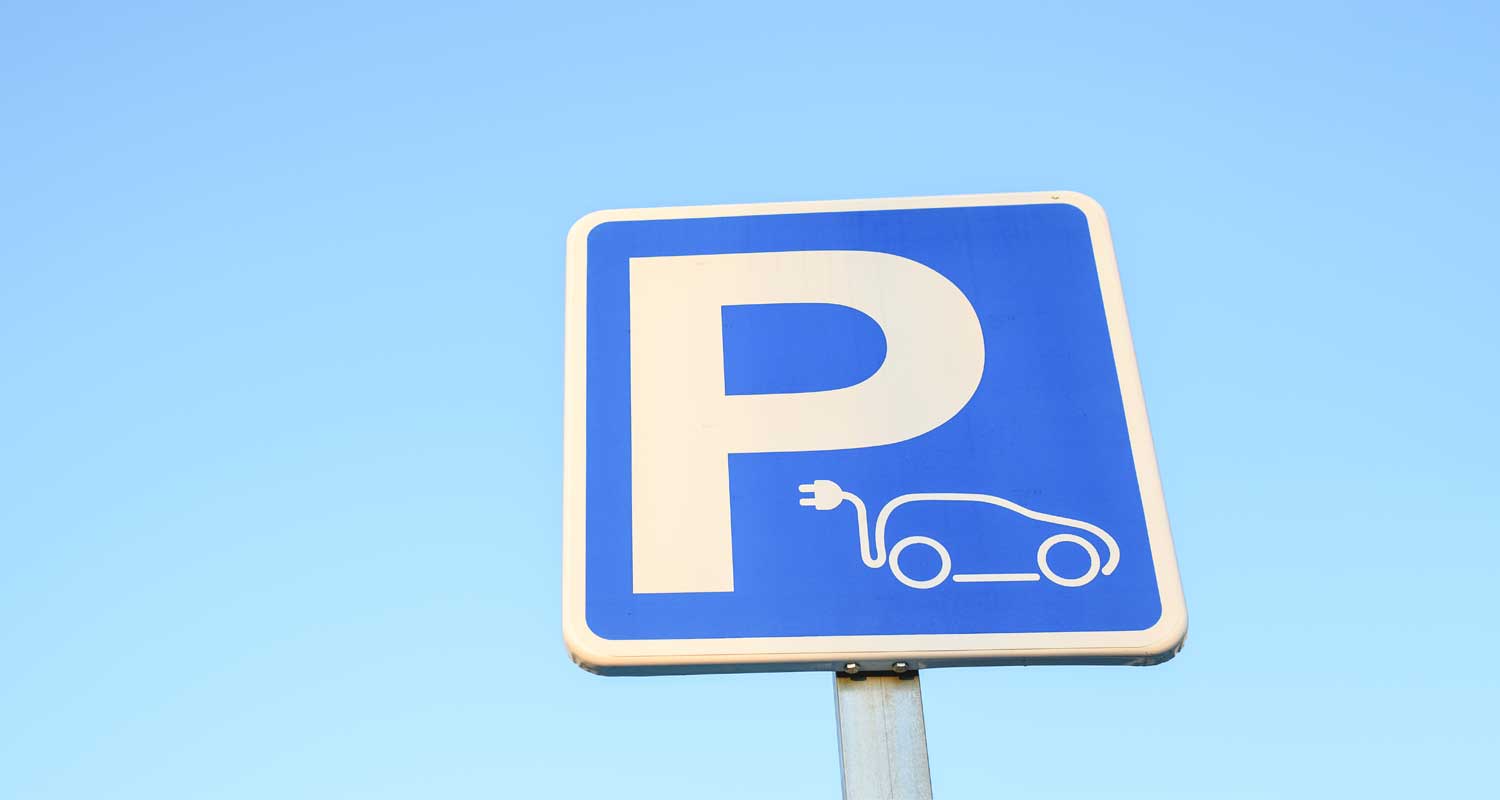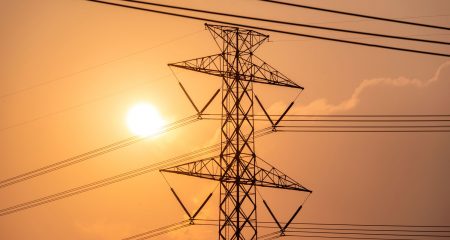 Kenya’s sole power distributor, Kenya Power, aims to convert its 2 000 petrol- and diesel-driven vehicles to electric over the next four years, it said on Tuesday.
Kenya’s sole power distributor, Kenya Power, aims to convert its 2 000 petrol- and diesel-driven vehicles to electric over the next four years, it said on Tuesday.
The move is part of a rising trend in the East African economy to take advantage of the abundant electricity supply from renewable sources, and switch vehicle and motorcycle engines to electric from fossil fuels.
Kenya Power will phase out its petrol and diesel vehicles by retrofitting electric engines and buying new electric vehicles.
Kenya has installed generation capacity of 3.3GW against a peak demand of 2.1GW and off-peak demand of about 1.1GW, according to Kenya Power.
“Charging electric vehicles especially at night would, therefore, help bridge the gap between off-peak load available generation capacity as well as raise the average demand to above 1.5GW,” it said in a statement.
The company distributes electricity to more than three-quarters of Kenya’s population.
In December, André de Ruyter, CEO of South Africa’s electricity utility, Eskom, pushed for greater urgency from government in creating a policy environment that encourages the rapid adoption of electric vehicles in South Africa – and this, he said, meant cutting taxes on EV imports.
Frustration
De Ruyter expressed frustration at the high cost of EVs in South Africa, including EVs for commercial use. “Normally you implement a tariff because there is a local industry to protect, but no EVs are manufactured at scale in South Africa,” the Eskom CEO said. “If you want to seed the market, you need to open it up and you need to enable people to buy [at affordable prices].”
Eskom, he said, would like to convert a large portion of its commercial vehicle fleet to EVs, but has not done so because the costs are prohibitively high compared to petrol- and diesel-powered vehicles, De Ruyter said.
Read: Ford warns government inaction on EVs could cost SA dearly
“We need to have a sense of urgency if we want to [make the] transition to EVs. If we can get competitively priced EVs out there, Eskom wants to be the first [to buy them].” — George Obulutsa, (c) 2023 Reuters, with additional reporting (c) 2023 NewsCentral Media




